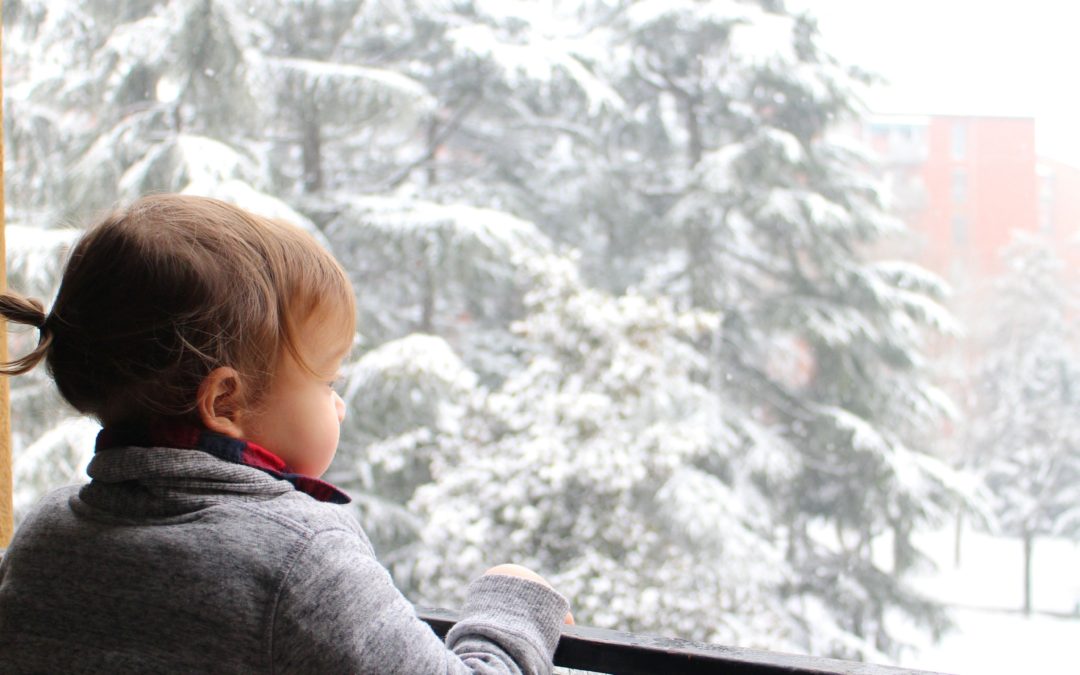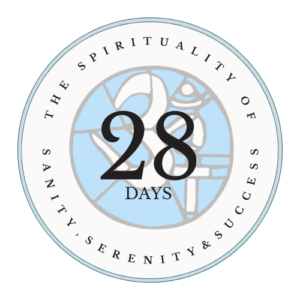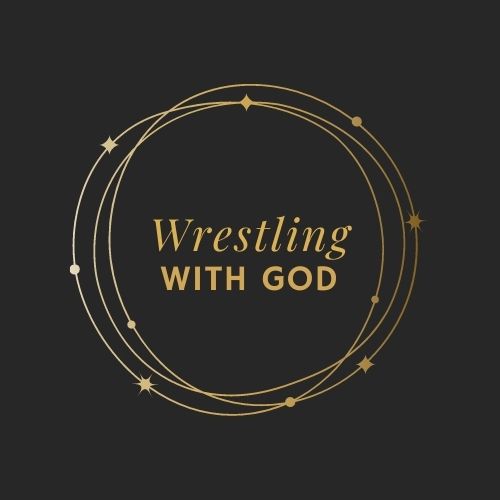Monday: Whether we are talking about individuals or society as a whole, whenever we try to bend the structure of reality, violating the natural order, life necessarily becomes chaotic, and everyone suffers. When our moral lives operate according to the natural order, dharma, we become solid, healthy, and more productive. God never punishes us; we punish ourselves.
Tuesday: In Milton’s Paradise Lost, the figure of Satan, which represents the dark side of human nature, denies the fact that he was created by a power beyond himself and refuses to acknowledge any such outside authority. He boasts of “courage never to submit or yield.” Turning to ourselves, let us ask, do we choose to see God as the primal ground of all that is rational, moral, true, and good? Or, do we fashion ourselves into gods, deciding arbitrarily what determines a good life?
Wednesday: Our thoughts and beliefs are the schematic handles with which we order our lives, but it is our will that drives what we see, think, and believe. We see what we are looking for and miss what we don’t want to see.
Thursday: Dharma represents the principles of moral goodness, or “a righteous path” in Christian terms. Moral goodness protects the heart, enabling it to remain clear, focused, and steady. It takes a pure heart for us to be able to realize our noble aspirations. When Dharma becomes a way of life, we think more clearly and make better choices that arise from within our hearts.
Friday: Far too often, we reduce Dharma to a lifeless code of behaviors. Nothing could be further from the truth! Dharma is the mind of God operating within creation as a loving and organizing energy. Therefore, living a moral life is not about mechanically following a set of dry rules and regulations. Rather, it is a living dance between ourselves and the dynamic wisdom of God.
To see the complete passages from this week, click here.






